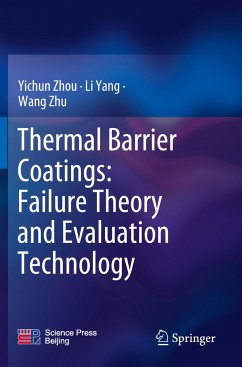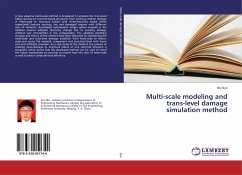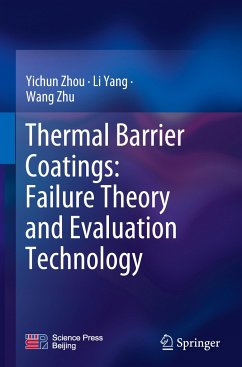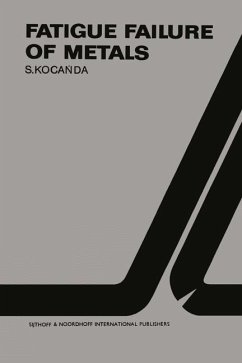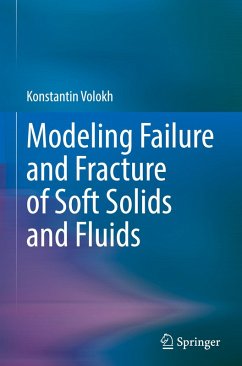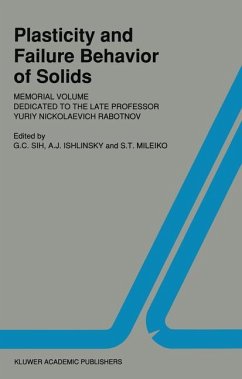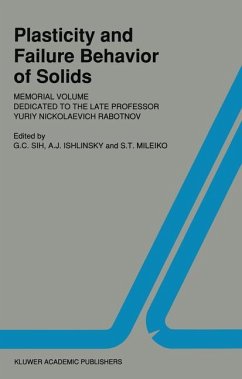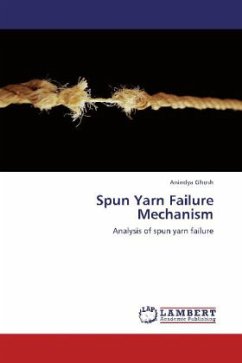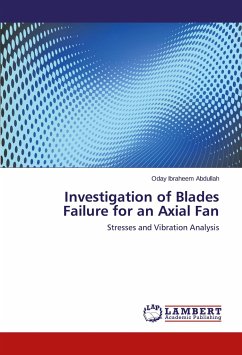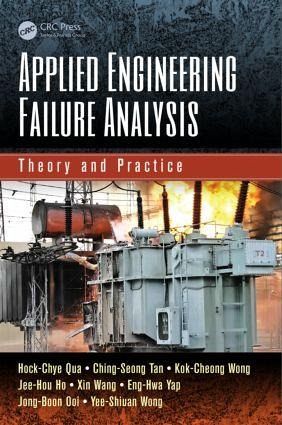
Applied Engineering Failure Analysis
Theory and Practice

PAYBACK Punkte
119 °P sammeln!
Applied Engineering Failure Analysis: Theory and Practice provides a point of reference for engineering failure analysis (EFA) cases, presenting a compilation of case studies covering a 35-year period, from the 1970s to 2012. This period spans the era from the time when slide rules were used routinely for engineering calculations, and when hard-copy photographs taken by film cameras were pasted onto typewritten sheets to make reports, to the present time when all these functions have become much less onerous through computer assistance. The cases are drawn from such diverse fields as mechanica...
Applied Engineering Failure Analysis: Theory and Practice provides a point of reference for engineering failure analysis (EFA) cases, presenting a compilation of case studies covering a 35-year period, from the 1970s to 2012. This period spans the era from the time when slide rules were used routinely for engineering calculations, and when hard-copy photographs taken by film cameras were pasted onto typewritten sheets to make reports, to the present time when all these functions have become much less onerous through computer assistance. The cases are drawn from such diverse fields as mechanical engineering, metallurgy, mining, civil/structural engineering, electrical power systems, and radiation damage; the last two topics are quite scarce in current publications. It includes theoretical content that deals with useful topics in basic theory, material properties, failure mechanisms, EFA methodology, and applications. It provides high-quality illustrations throughout, which greatly helps to promote the understanding of the failure characteristics described. This book offers an integrated approach that serves as a useful first reference in the above topics, for undergraduate and postgraduate students, as well as for practicing engineers. The book provides a hands-on approach to EFA, which helps the user to develop an understanding of potential failure situations, to explore the consequences, and to better understand how to solve similar problems; it also helps users to develop their own techniques for most other engineering failure problems. The authors include a section on technical report writing, which will assist failure investigators in getting their findings across. They also present simple engineering calculations that may serve as illustrative examples, and typical problems and solutions are included at the end of each chapter.





